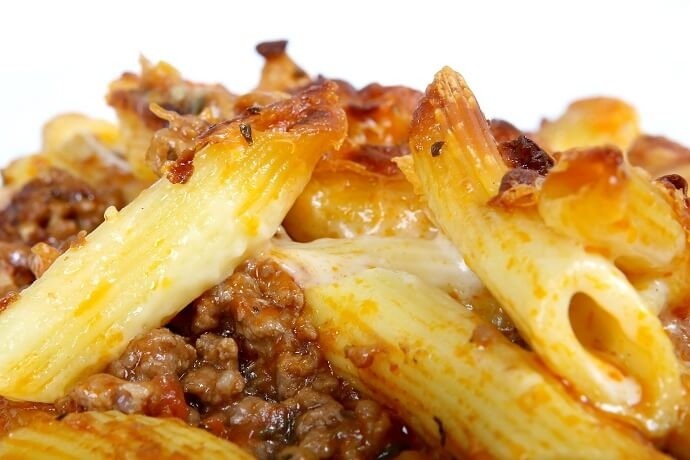
I’m sure this headline is going to shock a lot of people because we have always believed the otherwise. But the truth is, we actually need protein but the excessive intake is detrimental to our health.
Proteins play a vital role in all growth processes of our body from the development of a cellular organelle to the regeneration of the liver. Despite the crucial role they play in life processes, its required they are consumed moderately.
The amount of protein you need depends on your age, your body size and how physically active you are. Generally, it is recommended that you don’t have more than 30% of your everyday protein intake.
Advertisement
Given below are ways eating too much protein can harm your body:
Weight gain
Broadly speaking, foods that are rich with protein are also loaded with a lot of fat. A single gram of fat yields 9 calories. This means that you are consuming a tremendous amount of calories in a single meal. Coupled with less physical activities, this will lead to rapid weight gain. Moreover, excess calories from excess protein are stored as body fat.
Intestinal irritation
Too much protein consumption has been linked to constipation, diarrhea and/or excessive gas.
Dehydration
Dehydration and seizures have been linked to excess protein intake, but only if insufficient amount of water are consumed. Experts advise drinking a half gallon of water per 100 grams of protein to avoid constipation as a result of dehydration.
Advertisement
Nutritional deficiencies
Just focusing on protein intake causes some high-protein dieters to overlook other nutrients. Ensure that your diet is balanced and nutritious.
Risk of heart disease
This is a bit misleading. A healthy high-protein diet is not associated with heart disease. But if you are getting all of your protein from unhealthy sources that are loaded in unhealthy fats, obviously the risk for heart disease will increase.
Kidney problems
While this list may seem all the protein that you consume is converted into nitrogen. This nitrogen is utilized as energy by various bodily processes. If the kidneys take care of some filtering of waste products made when our bodies digest protein, and there’s some evidence to suggest that diets higher in protein put a greater strain on the kidney to do this crucial job.
A 2003 study found that the damage was only noticeable among people with early stages of kidney disease, particularly harmful because these people often are not aware their kidneys are affected.
Breeds cancer
The blood analysis of people who consume excess protein has shown a hike in Insulin-like Growth Factors which is known to promote cancer. If the body is already afflicted with protein folding diseases, the protein p53 gets activated. This is the most important protein in the body’s cancer resisting mechanism. In case of its activation, the threat of various tumors and cancers is originated, especially lung cancer.
Advertisement
It’s important to remember that many of these side effects are only associated with highly excessive protein diets coupled with unbalanced nutrition and/or dehydration. And this list pales in comparison to the side effects of protein deficiency, which includes general illness, loss of hair, loss of sleep, poor coordination, vision problems, etc.
With protein, it’s okay to act a bit like Goldilocks. You don’t want too little or too much – but an amount that’s just right.


